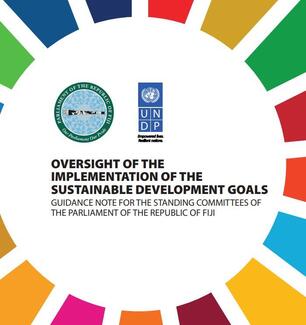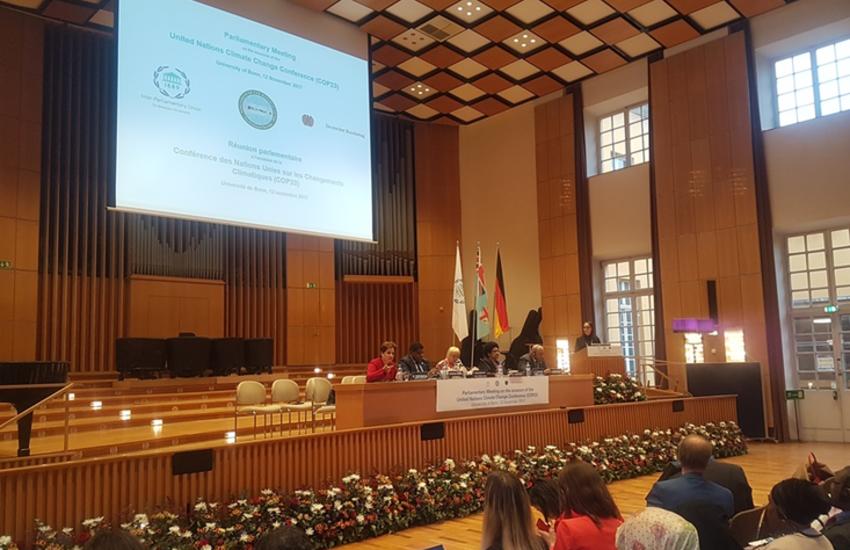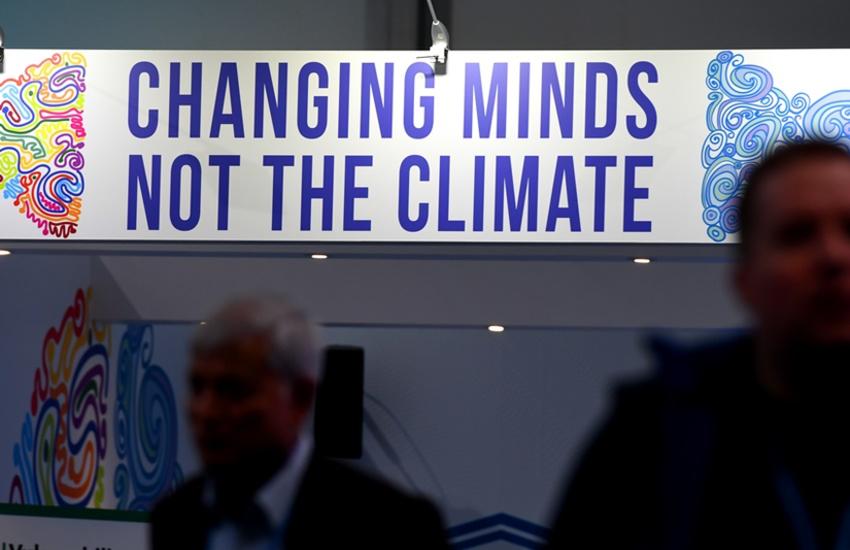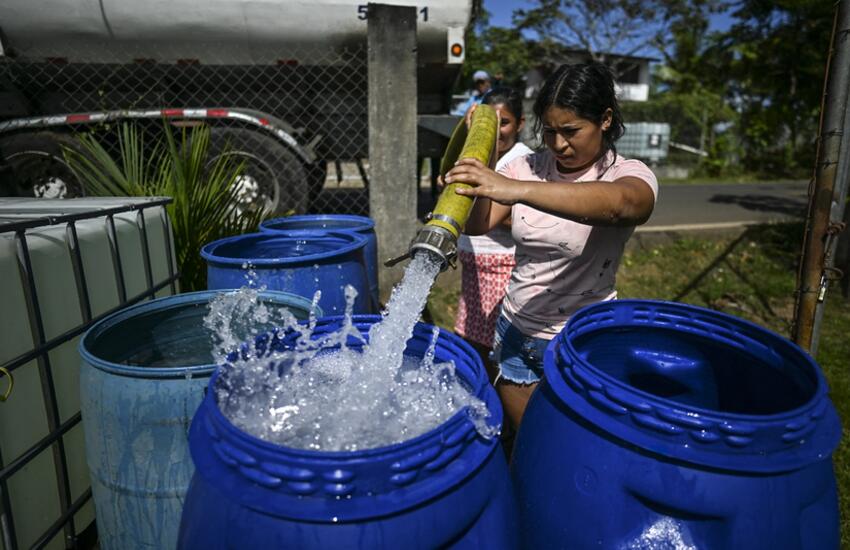The Fijian Parliament is wholly focused on mainstreaming the SDGs into the work of its six standing committees: (1) Social Affairs; (2) Natural Resources; (3) Justice, Law and Human Rights; (4) Foreign Affairs and Defence; (5) Economic Affairs; and (6) Public Accounts. In 2019, Parliament prepared a guidance note entitled “Oversight of the Implementation of the SDGs” for committees to assist MPs in mainstreaming the SDGs more effectively. Shortly after the adoption of the 2030 Agenda, Fiji was among the first parliaments in the world to carry out a comprehensive self-assessment exercise to properly implement the goals.
In parallel to mainstreaming the SDGs in parliamentary work, MPs have been specifically trained to address SDGs issues during their plenary debate contributions. The SDGs and the climate change commitments under the Paris Agreement have also been integrated into the Government’s 5-year and 20-year National Development Plan (NDP).
In addition, Parliament has two informal thematic groups that support two specific SDG targets: (1) the Commonwealth Women Parliamentarians Fiji Group focused on building the capacities of women parliamentarians to more effectively fulfil their roles; and (2) the Commonwealth Parliamentarians with Disability Fiji Network facilitating activities and programmes to champion and increase the representation of persons with disabilities in decision making.
Parliament has been particularly active in supporting the Government’s budgetary and legislative efforts to address climate change, which were further intensified following Fiji’s COP23 Presidency. Changes were introduced to taxation policies to ensure alignment with the Government’s climate change commitments.
The Climate Change Act 2021 institutionalizes Fiji’s international obligations under the United Nations Framework Convention on Climate Change (UNFCCC) and the Paris Agreement, and enables the implementation of Fiji’s Nationally Determined Contributions (NDCs). The Act provides a framework for coordinated action enabling Fiji to develop and implement coherent and long-term climate change measures and policies; establishes relevant institutional and governance structures; and sets up a transparent system for monitoring, reporting and the verification of progress.
Results and impact
During deliberations on the draft Climate Change Bill, the Standing Committee on Justice, Law and Human Rights undertook an in-depth review and issued an impact analysis. After entry into force, this Committee, alongside others, continued to make assessments and oversee the actions of relevant Government ministries and agencies responsible for implementation.
The Government organized public hearings and consultations with various stakeholders during the drafting process of the Bill and facilitated the provision of inputs by civil society and affected communities. The Act mandates public consultations with different sectors of society and also includes measures for appropriate financing. Although only recently adopted, the Act will play a key role in reducing pollution, improving resource efficiency, increasing investments in sustainable technologies and green infrastructure projects, and in reducing inequalities and improving human health.
Prior to the adoption of the Climate Change Act, MPs were engaged in awareness raising and capacity development initiatives on the SDGs. For example: a parliamentary delegation attended COP23 in Bonn; MPs attended international and national conferences on environmental and climate change matters; and MPs partnered with government agencies and various national stakeholders such as CSOs, local communities and the business sector to inform preparation of the subsequent national climate change legal framework.
Challenges
One of the main challenges Parliament faces is ensuring that MPs are continuously empowered through capacity-building, awareness raising and information campaigns that favour the environment and achievement of the SDGs. A good level of competency would allow MPs’ effective participation and inputs into the formulation of climate change actions and conduct of oversight inquiries. Enhancing MPs’ expertise on a regular basis will strengthen Parliament’s monitoring mechanisms to ensure the implementation of climate change provisions in Fiji.











